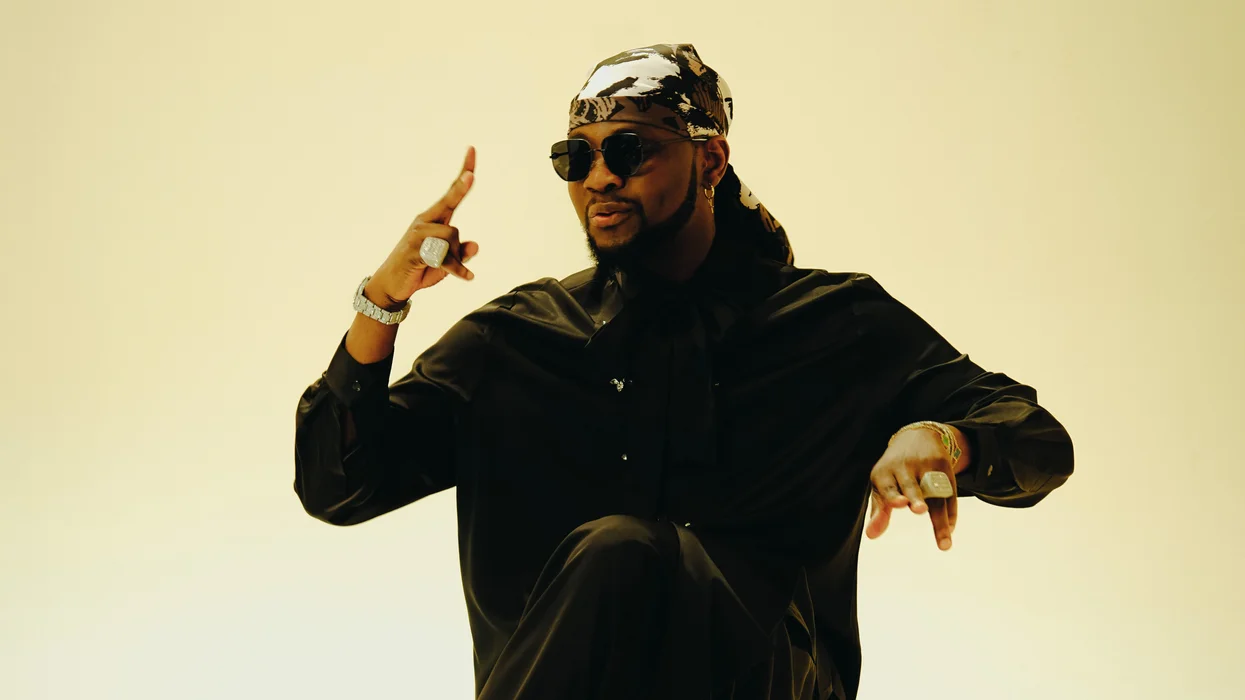The United States is ready to eject the popular Chinese-owned social media company, TikTok, from the country following a new law enacted by Congress that bothers on national security threats.
A panel of federal judges unanimously upheld the new law on Friday after Tiktok petitioned to overturn it and retain its freedom to operate in one of its biggest markets – the United States.
The decision to ban the video app used by over 170 million Americans has raised a major concern from free speech advocates and creators who utilize the app for entertainment, information dissemination and even serving as a major source of income for many of the users.
The law is demanding that ByteDance, the Chinese owner of TikTok, sell out the app to a non-Chinese company or it will be banned from the country by January 19, 2025. The US Congress claimed that the app constitutes a security threat to the country following its affiliation with China, which is one of the United States’ major foreign adversaries.
ByteDance has, however, said that selling the app was not possible and argued that the law unfairly singled out TikTok and that a ban would infringe on the First Amendment rights of American users. Contrary to his claim, the three judges, in the U.S. Court of Appeals for the District of Columbia Circuit who upheld the verdict said that the law was “carefully crafted to deal with only control by a foreign adversary,” and didn’t contradict the first amendment.
“The government acted solely to protect that freedom from a foreign adversary nation and to limit that adversary’s ability to gather data on people in the United States,” the Judges wrote on Friday after passing the verdict.
American lawmakers and other intelligence officials have claimed that TikTok poses a severe national security threat under the ownership of ByteDance. They feared that the Chinese government’s oversight of private companies would allow it to use the app to retrieve sensitive information about Americans or to spread propaganda.
However, they have not publicly shared tangible evidence that sparked their speculation. Meanwhile, one of their strongest argument is that social media apps such as Facebook, YouTube and even TikTok are all banned in China for a similar reason.
The company has nonetheless expressed optimism as they geared towards appealing the decision in the Supreme Court which they believe would rule differently. Michael Hughes, a spokesman for TikTok who described the ban as “outright censorship of the American people.” said in a statement on Friday, “The Supreme Court has an established historical record of protecting Americans’ right to free speech, and we expect they will do just that on this important constitutional issue.”
The fate of the app in the country is currently uncertain as there is no guarantee that the Supreme Court would rule in their favour as they envisage. According to Anupam Chander, a professor of law and technology at Georgetown University, if the Supreme Court does not want the exit of the social media company in the country, all they need to do is to extend the ruling to enter into Trump administration, which he believes would take a different decision on the case.
“The Supreme Court, not wanting to see this app go dark on Jan. 19, will freeze the law, and then this gets handed over to the Trump administration and a Trump Department of Justice to figure out what they want to do,” he said.
It is also quite unclear how Trump would handle the case if it lingered and enters into his administration; considering his hawkish stance on China. Recall that Trump had in 2020 threatened the block TikTok from operating in the US due to similar security threats and suggested that the app be sold to a group of American companies if it must stay and thrive in the country.
Meanwhile, Trump’s spokesperson said in November that the incoming president, Donald Trump would rescue the app from being jettisoned out of the country but didn’t give details on how that would be achieved. Some experts have speculated that Donald Trump could ask his new attorney general to refrain from enforcing it. But that again would jeopardize the operation of big technology companies such as Apple and Google as the law prohibits them from distributing or updating TikTok on their app stores; except there would be provision for them to escape being penalized.










